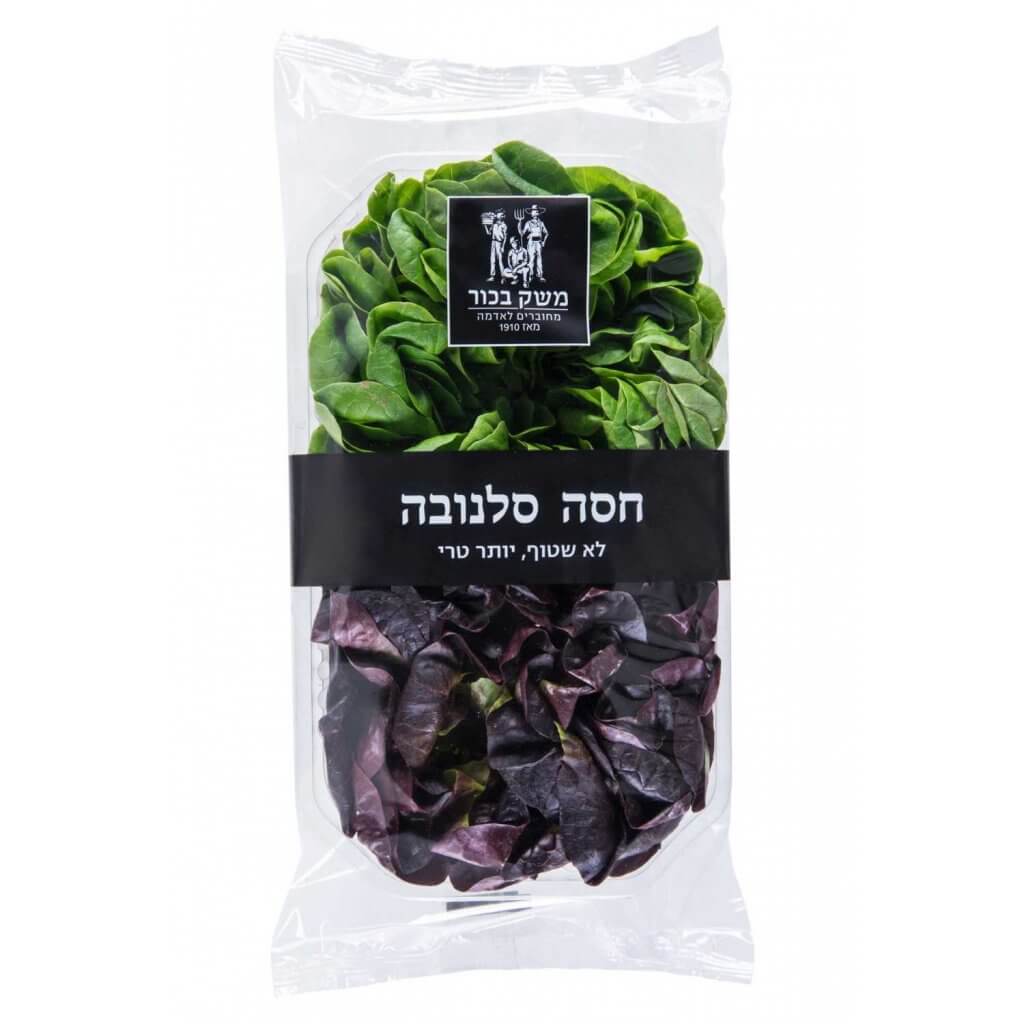
-
- Our Greens
- Recipes
- Articles WooCommerce not Found
- Newsletter
Home » Turkish spinach
| Calories (energy) 23 | Vitamin A (mcg) 469 |
| Proteins (grams) 2.86 | Folic-Vitamin B9 (mcg) 194 |
| Carbohydrate (grams) 3.6 | Vitamin C (mg) 28.1 |
| Fats (grams) 0.39 | Vitamin E (mg) 2.03 |
| saturated fat (grams) 0.063 | Vitamin K (mcg) 482.9 |
| Cholesterol (mg) 0 | Iron (mg) 2.71 |
| Sodium (ml) 79 | calcium (mg) 99 |
| Dietary fiber (grams) 2.2 | |
| Water (grams) 91.4 | |
| Vitamin A (mcg) 238 | |
| Total vitamin B (mg) 1.445 |
More Greens